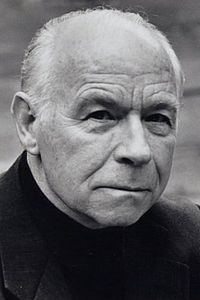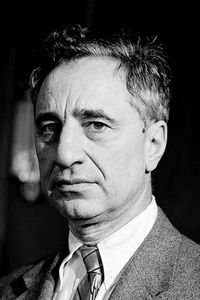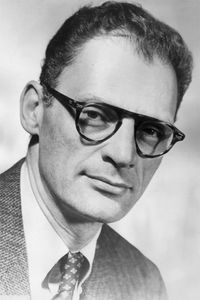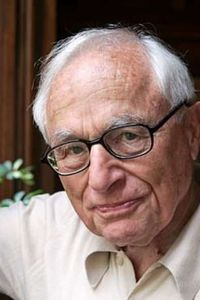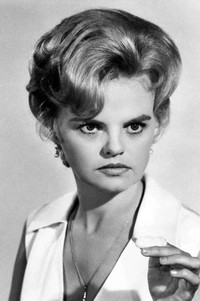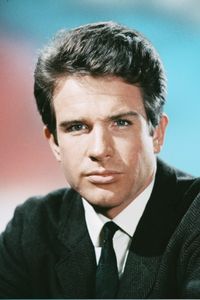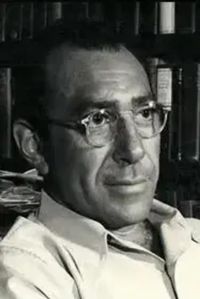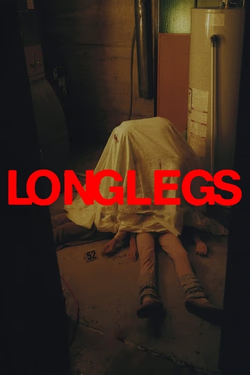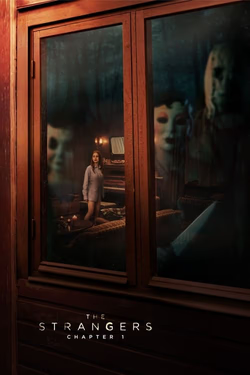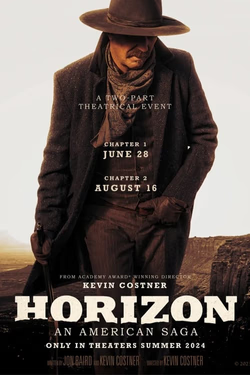Director Elia Kazan and playwright Arthur Miller were once best friends and professional colleagues, to most that knew them then in both capacities as soul mates. Their politics were similar which was reflected in their work. Kazan was a Communist Party member for a few years in the mid-1930's, but Miller never officially joined the party ranks. Their relationship changed in the early 1950's when Kazan was subpoenaed to testify in front of the House Un-American Activities Committee. To the Committee, Kazan named names of supposed friends - albeit names the Committee already had - but for many, including Miller, Kazan's move was both an act of support of the Committee's blacklisting, and a purely self-preserving measure for his own movie directing career. Kazan's professional life, and by association personal life, was not an easy one following his testimony. Both Kazan and Miller's individual works following - most specifically Kazan's On the Waterfront (1954), Miller's "The Crucible" and "A View from the Bridge", and their collaboration on "After the Fall" - were direct responses to Kazan's act in front of the Committee. Marilyn Monroe, Miller's wife in the late 1950's and a past lover of Kazan's, also played an integral role in both their lives in relationship to the affect of Kazan's testimony, and Miller's own testimony to the Committee four years after Kazan's.
American Masters
Through playwright Arthur Miller and director Elia Kazan, the film explores the blacklist: its origins, the key agents of the Red Scare, and the damage done not only to those subpoenaed, but to America's political system as well.

